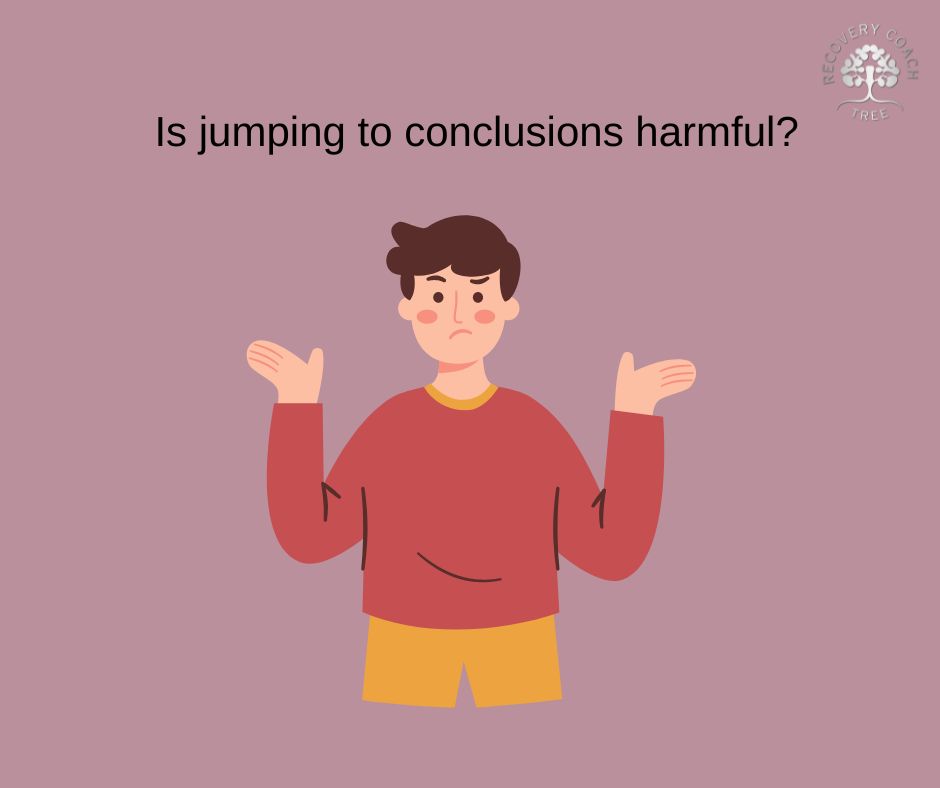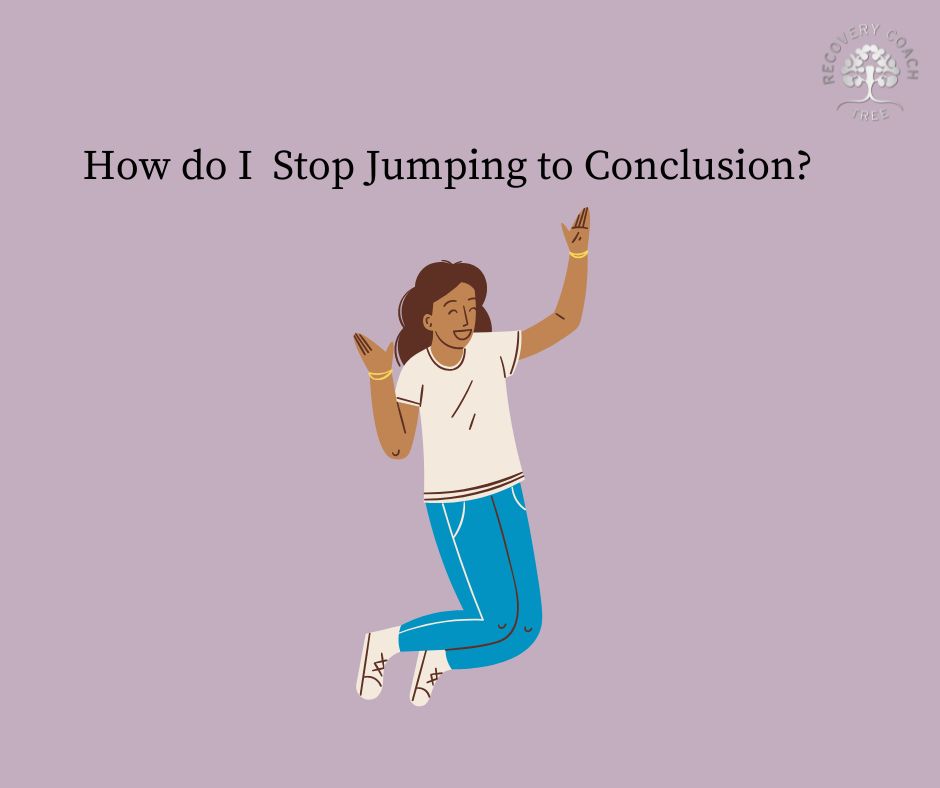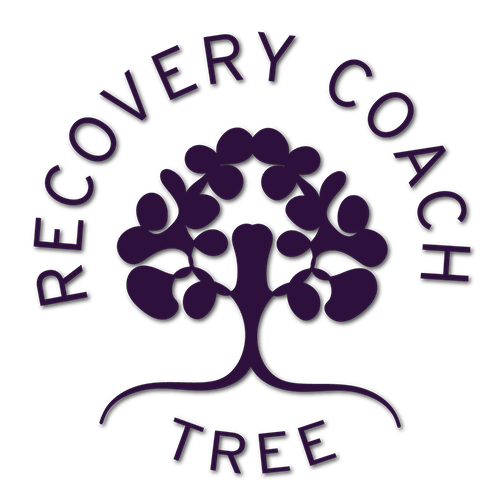How often do you hear or even see part of a situation or conversation and automatically assume what is happening, only to find out later that you were wrong?
We are all guilty of this behaviour, often believing the worst in people rather than the best.
Why do we do this?
Our thoughts and beliefs are governed by numerous factors, such as the generation we grew up in, what our parents believed, what we were taught at school, what we see on the news, and what we watch at the movies and see on television. Even life experiences play a huge part in our beliefs.
Is jumping to conclusions harmful?

More often than not, it can be, especially if you are wrong. Speaking or acting before looking at all the facts can cause a breakdown in a relationship, as it often shows a lack of trust.
Studies define severe cases of conclusion jumping as ‘The Threat Anticipation Model’ and that it stems from Cognitive Bias Modification and can be partly caused by social anxiety.
If you want to read the article, you can find it here.

So, how do you stop if you are a severe conclusion jumper?
Here are four things to do before you make assumptions.
1) Ask the other person a direct question. A direct communication line with the other party can help avoid unnecessary confusion and worry.
2) Try looking at the situation from the other person’s point of view. When you ‘reframe’ what you think the outcome will be, you can imagine the situation differently as you have taken a different perspective, one that you may not have thought about in the first place.
3) Fact check. Gathering as much information as possible before you start assuming the worst can help alleviate any potential worry and anxiety.
4) Self-check! If you challenge your initial thoughts and ideas and try to find a more logical solution to the situation, you can often find out why you started concluding.
If you find that jumping to conclusions is causing significant distress in your life and those around you, it might be time to seek help. A trained professional, such as a therapist or counsellor, can you find the underlining reason why you initially jump to conclusions, and they can help you formulate strategies to overcome this anxiety-based emotion.
